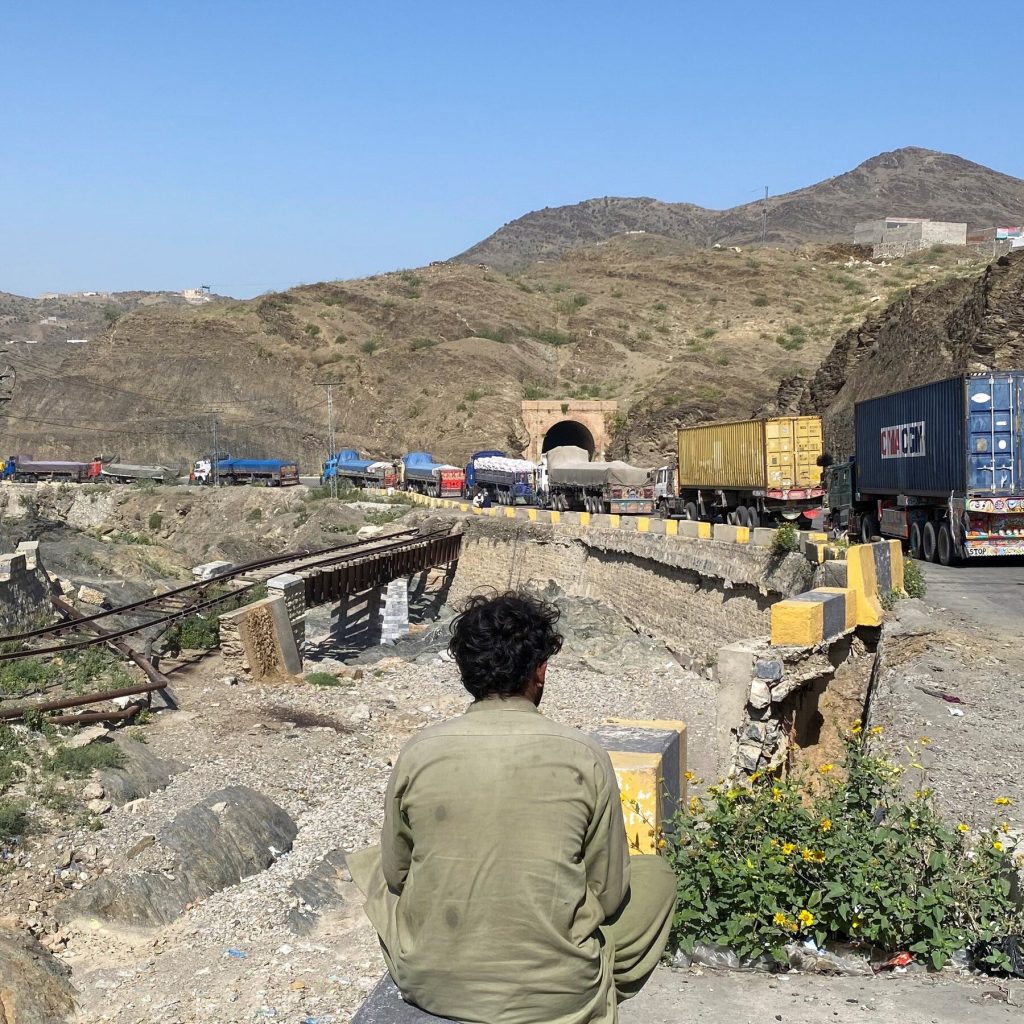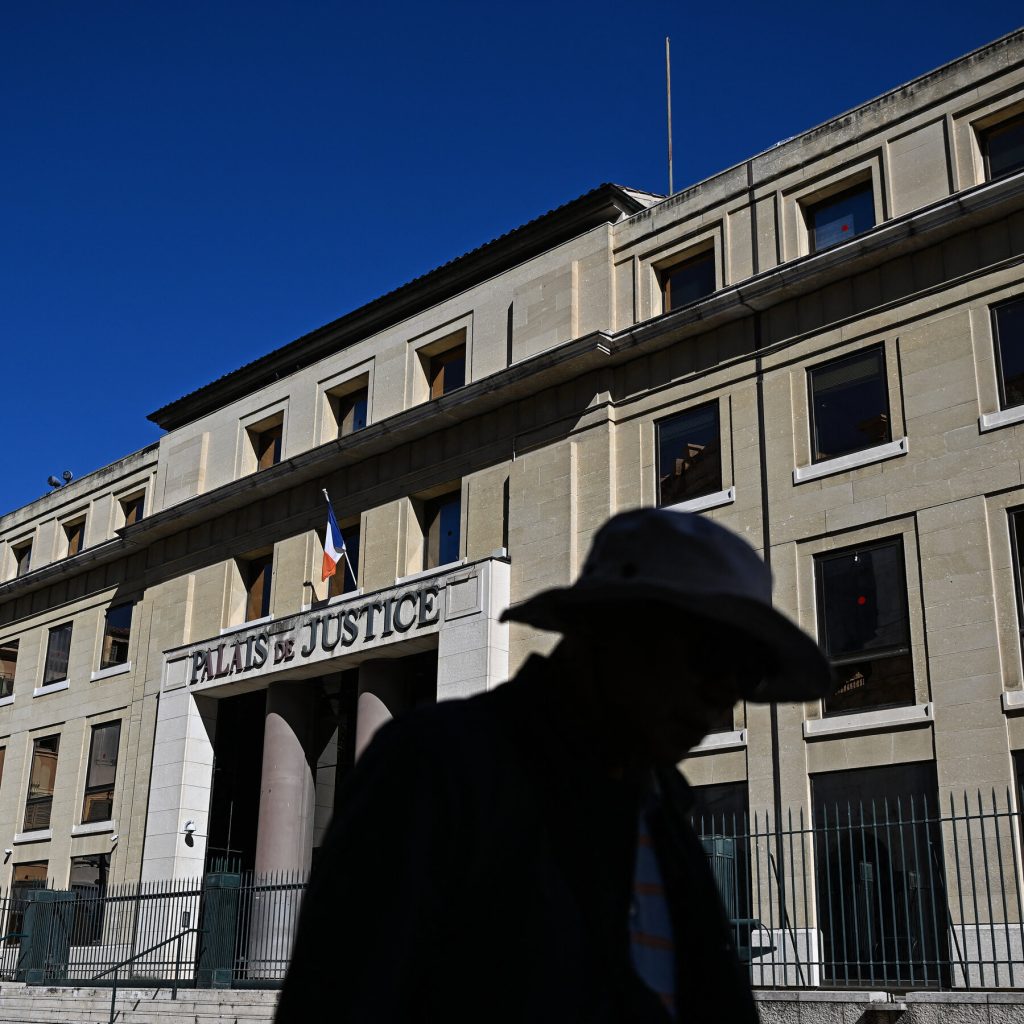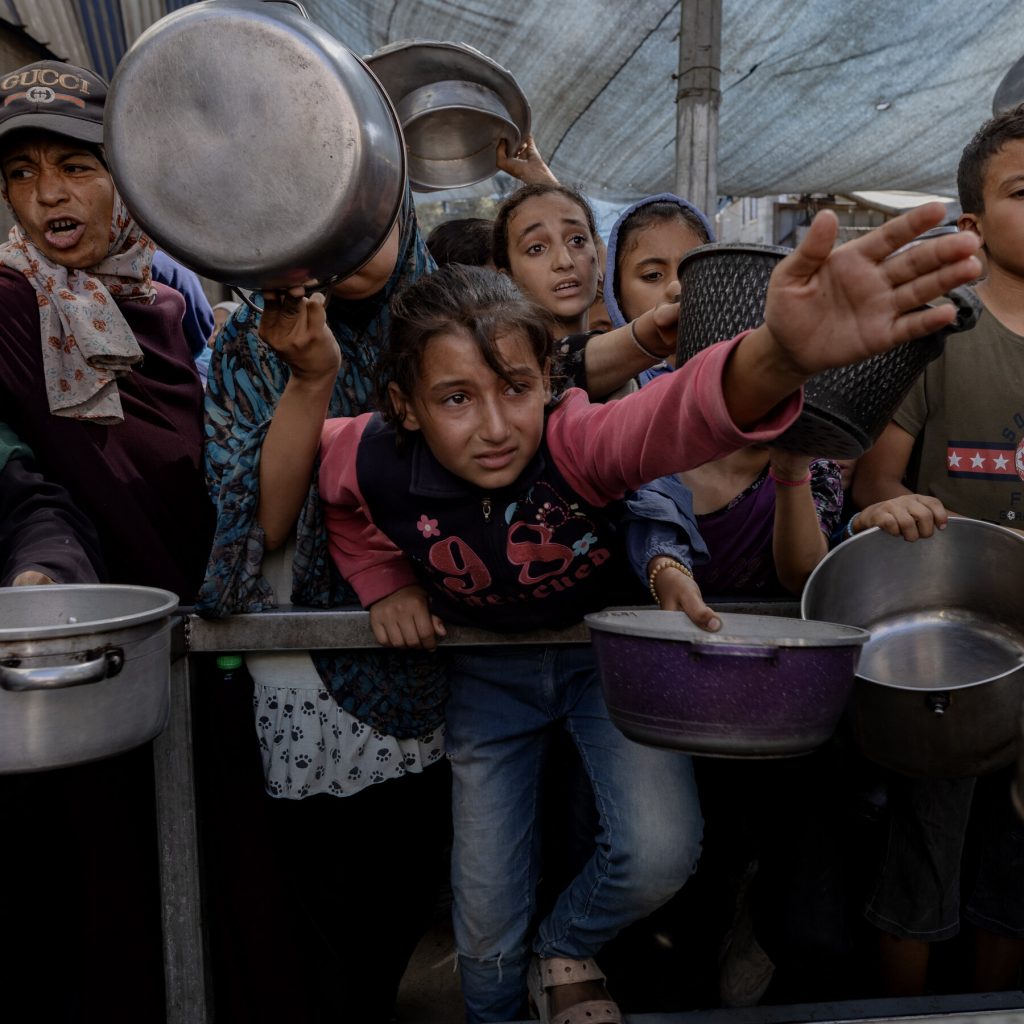The A.I. Dilemma: Chile’s Struggle with the Double-Edged Sword of Innovation

The integration of artificial intelligence (A.I.) into various sectors has sparked a heated debate in Chile, highlighting the challenges and complexities of embracing cutting-edge technology. The nation is now grappling with a difficult decision: whether to invest heavily in A.I. and potentially face public backlash or risk being left behind in the rapidly evolving technological landscape.
On one hand, proponents of A.I. investment argue that it is essential for Chile’s economic growth and competitiveness. They believe that A.I. can drive innovation, improve efficiency, and create new job opportunities, ultimately enhancing the country’s global standing. However, this enthusiasm is tempered by concerns about the potential consequences of A.I. adoption, including job displacement, increased inequality, and the possibility of exacerbating existing social issues.
Critics of A.I. investment, on the other hand, caution that the nation should not rush into large-scale adoption without carefully considering the implications. They worry that the benefits of A.I. may not be evenly distributed, and that the negative consequences could disproportionately affect vulnerable populations. Furthermore, there are concerns about the lack of transparency and accountability in A.I. decision-making processes, which could lead to a loss of public trust.
The Chilean government is now faced with the daunting task of striking a balance between harnessing the potential of A.I. and mitigating its risks. The decision to invest billions in A.I. development and implementation is not an easy one, as it requires careful consideration of the potential costs and benefits. The nation must weigh the potential economic benefits against the potential social and economic costs, all while navigating the complex and often contentious world of A.I. politics.
As Chile navigates this A.I. dilemma, it is clear that there are no easy answers. The nation’s experience serves as a microcosm for the global debate surrounding A.I. adoption, highlighting the need for careful consideration, nuanced discussion, and informed decision-making. Ultimately, Chile’s approach to A.I. will likely serve as a model for other nations grappling with similar challenges, making it a crucial test case for the responsible development and deployment of A.I. technologies.





